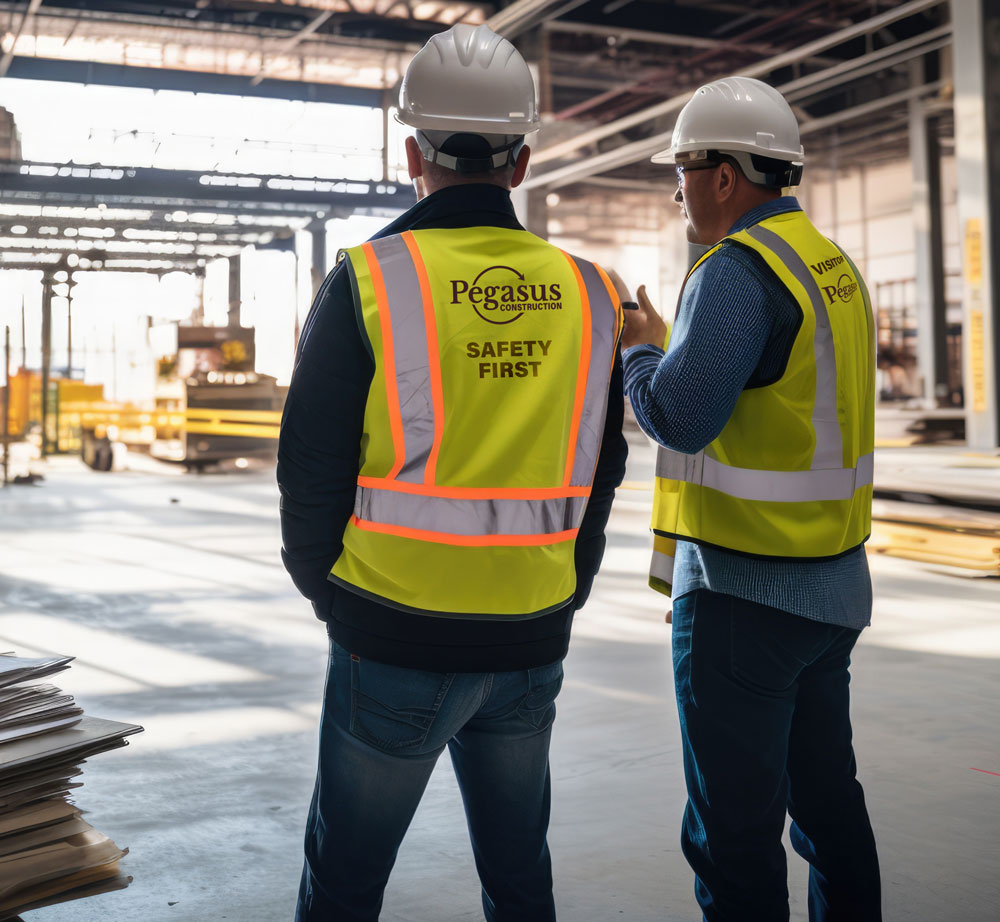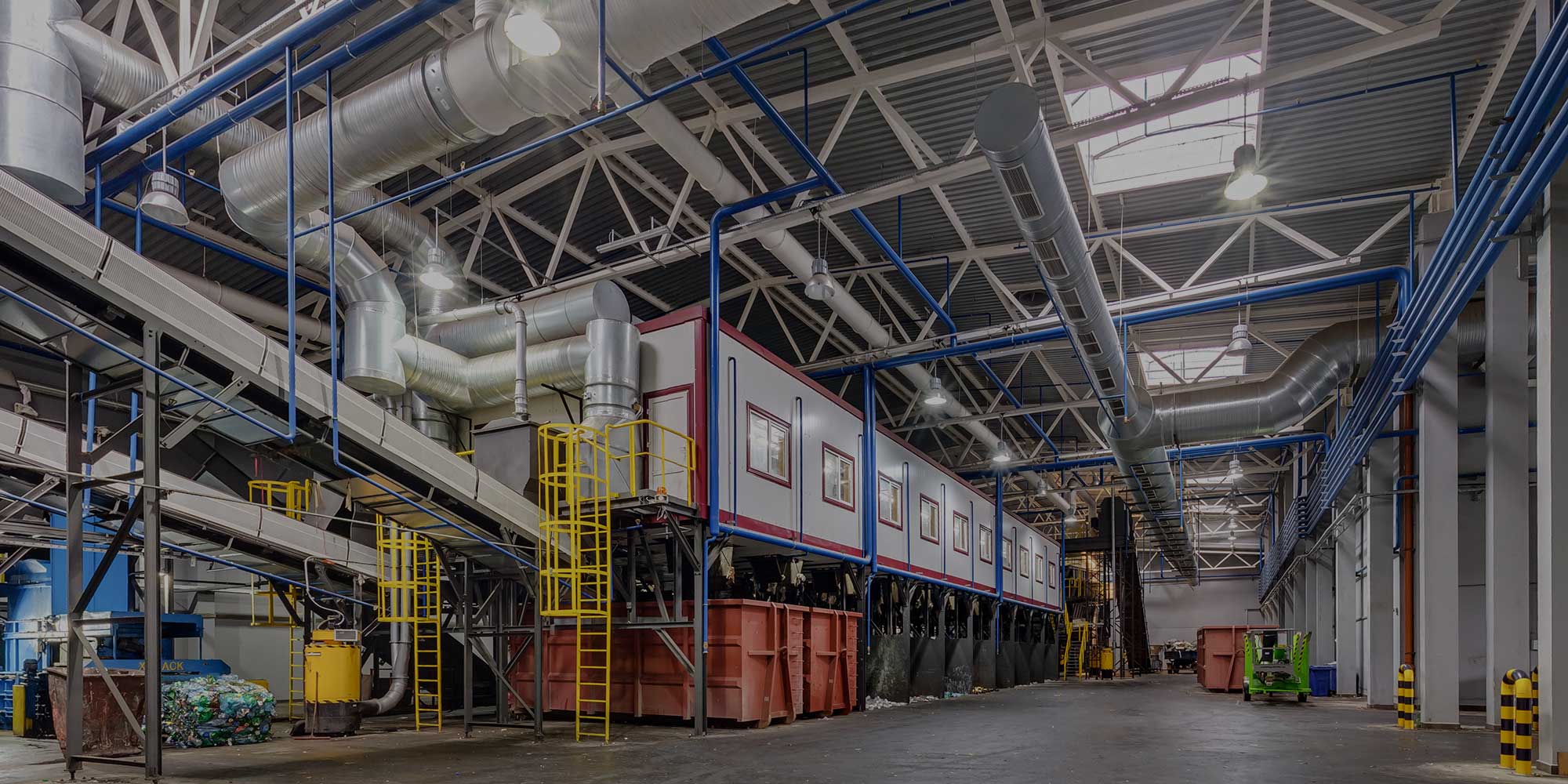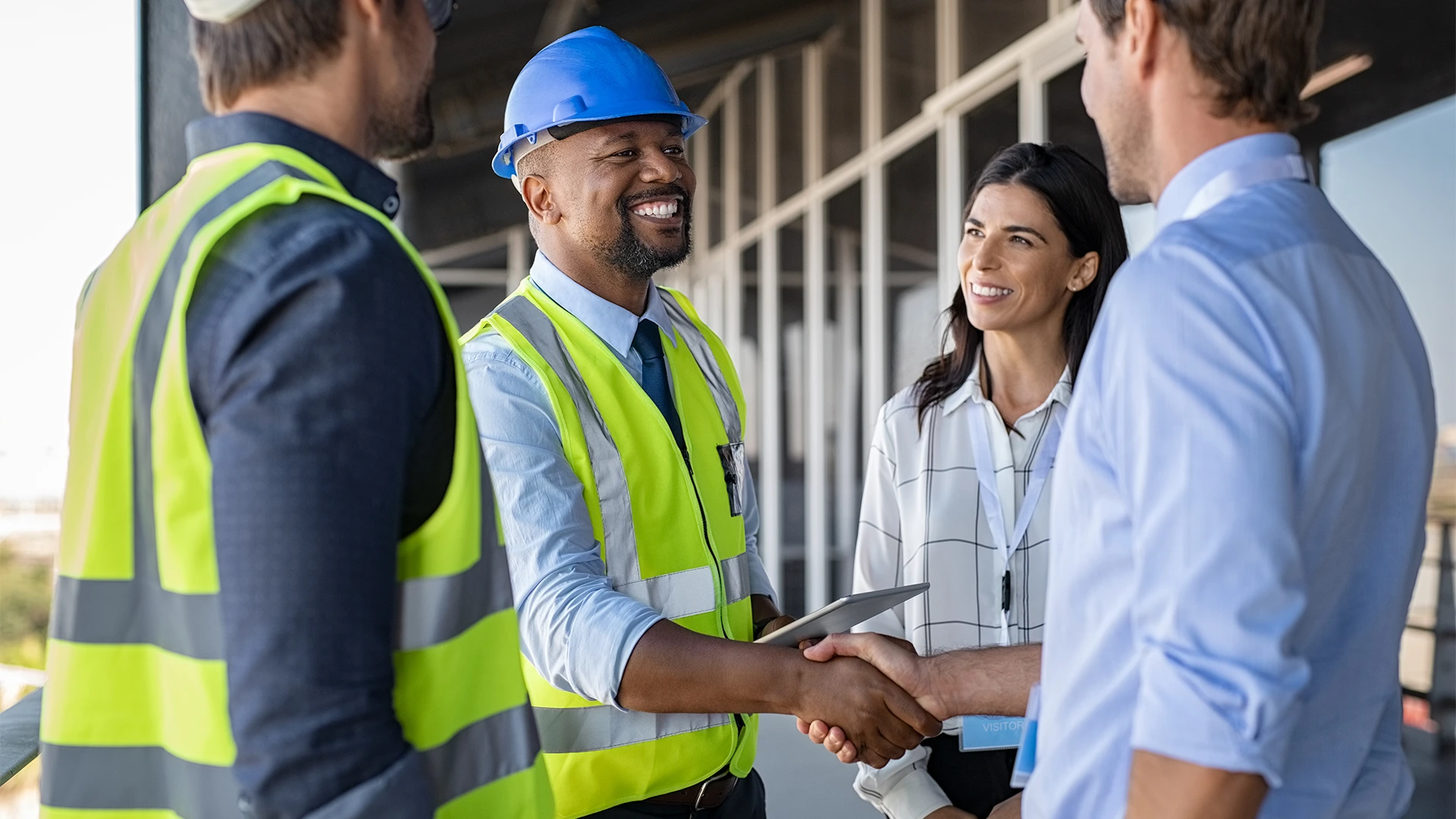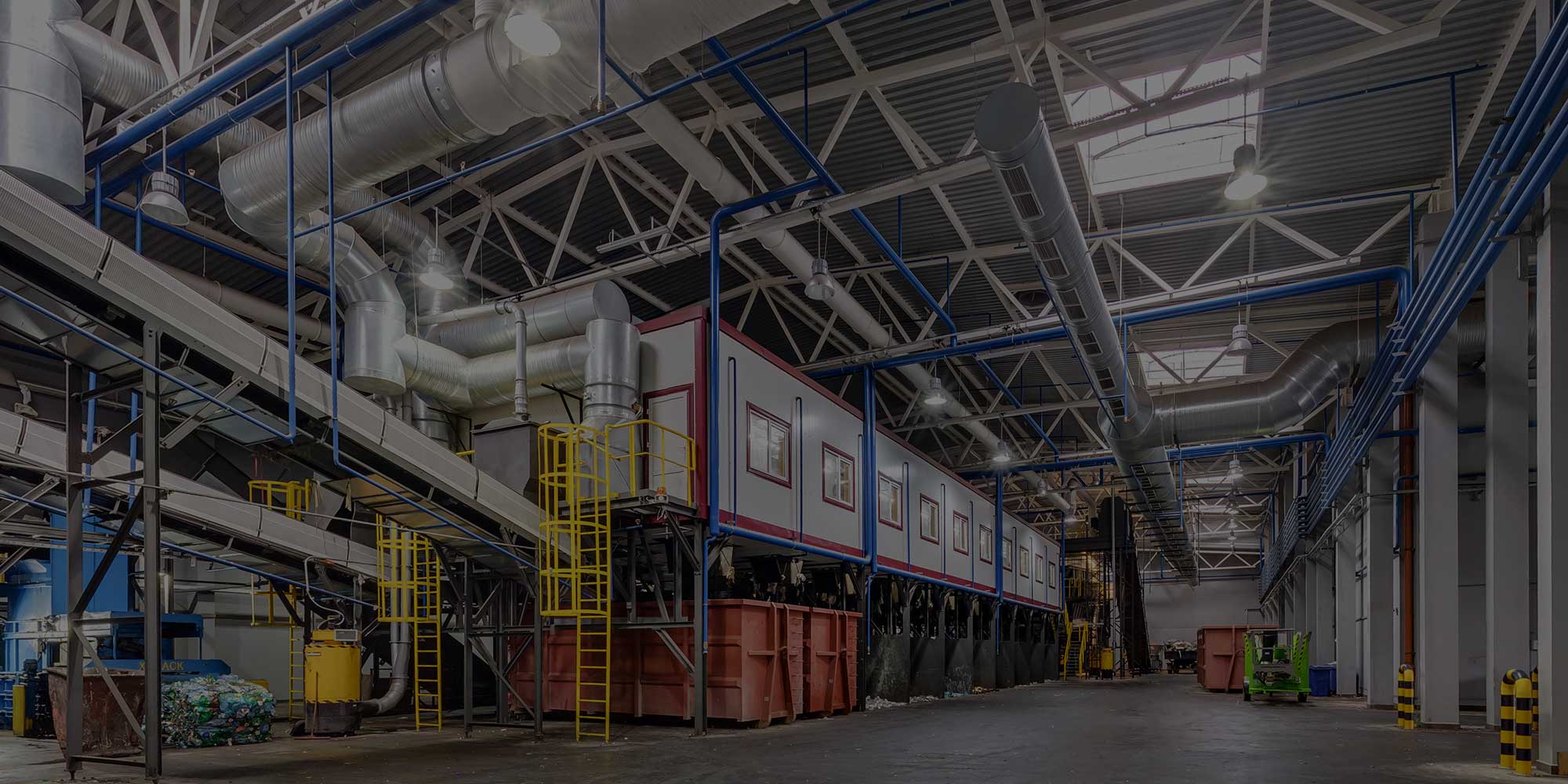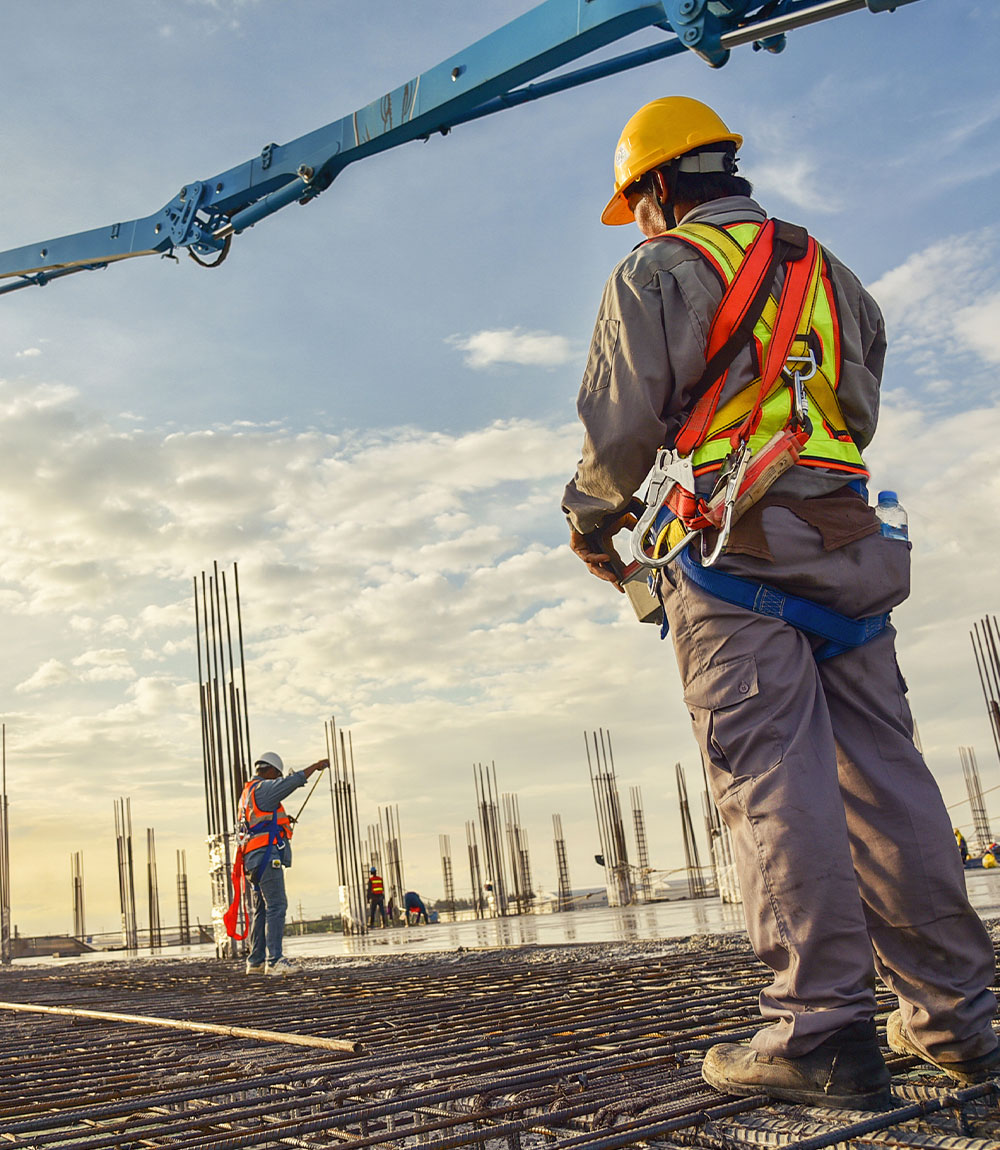
How PCI Ensures Safety: From Office to Construction Sites
In construction, safety isn’t optional. It’s a requirement, a responsibility, and at Pegasus Construction, it’s a core part of our culture. Over our 37+ years serving the Phoenix market, we’ve built a reputation not just for high-performance projects, but for keeping people safe while delivering them. With a zero-accident record that stands as proof of our commitment, we take safety seriously—in the office, on the jobsite, and everywhere in between.
This guide offers a full look at how we manage safety at every level of our operations. From policies and training to real-time jobsite protections, you’ll see how we keep our teams, partners, and clients protected.
Our Safety Philosophy & Culture
We don’t treat safety as a checklist. It’s part of who we are. From the moment someone joins Pegasus Construction, safety is instilled as a core value. Our leadership doesn’t just talk about safety—we invest in it, model it, and prioritize it daily.
Every department, from administrative staff to field supervisors, understands their role in maintaining a safe workplace. We believe that a strong safety culture starts with clear expectations, continuous training, and the empowerment of every team member to speak up and take ownership.
Office-Level Safety Measures
While most think of hard hats and steel-toe boots when they hear “construction safety,” our approach begins long before the first worker steps onto the jobsite.
In the office, we promote ergonomic health with adjustable workstations and offer regular assessments to help staff maintain physical well-being. Emergency protocols are well-documented and practiced with annual evacuation drills, onsite AEDs, and stocked first-aid kits.
We also use digital safety reporting tools to maintain visibility across departments. New employees are trained during onboarding, and weekly communications reinforce safe practices. Supporting mental health is just as important—fatigue, burnout, and stress are risks we actively work to reduce.
Safety in Pre-Construction Planning
Our safety focus kicks into high gear even before ground is broken. During pre-construction, our team develops detailed job hazard analyses (JHAs) tailored to each site. We identify potential risks based on scope, schedule, location, and environment.
Design meetings include safety input to avoid future trade conflicts, and we build jobsite logistics around minimizing exposure. This upfront attention to detail prevents issues that too many firms react to only after an incident.
Comprehensive Training Programs
We train our people like lives depend on it—because they do.
OSHA certification is standard across our teams. We also host internal and trade-partner safety workshops to reinforce best practices. Supervisors receive advanced training to help them lead safety initiatives onsite and coach their crews.
Toolbox talks, refresher courses, and evolving safety briefings ensure everyone from project managers to apprentices stays up-to-date. We don’t just deliver training—we measure comprehension and follow through.
On-Site Safety Protocols
Our jobsites are organized around safety from the ground up. Every crew starts the day with a briefing. We review current tasks, hazards, and conditions—not as a formality, but as a foundation for focus.
Personal protective equipment (PPE) is enforced 100%. Hard hats, high-vis gear, fall protection, gloves, and eye protection are non-negotiable. Daily JHAs, hazard logs, and near-miss reports are part of the routine, and we act on the data we collect.
Heavy machinery undergoes daily inspections. Only certified operators are allowed behind the controls, and lockout/tagout protocols protect everyone during maintenance. We manage pedestrian flow, barricades, and signage to keep workers and visitors safe.
Phoenix brings its own challenges—dust, heat, and monsoon risk. We plan around weather events, enforce hydration breaks, and use dust control measures in high-traffic zones.
Trade Partner & Subcontractor Safety Alignment
We don’t lower our safety standards just because someone wears a different logo.
Every subcontractor we bring on must meet strict criteria. We review their safety history, validate training records, and require participation in our onboarding orientation. Everyone on a Pegasus site follows the same rules.
We communicate expectations clearly and follow up consistently. Feedback loops between trade supervisors and our safety officers ensure accountability. Violations are not tolerated—our zero-tolerance policy protects everyone.
Public & Client Safety Measures
Jobsites intersect with public and client spaces more often than you might think. That’s why we put protocols in place to secure perimeters, manage access, and separate active work from customer or visitor zones.
Clients visiting sites are escorted and provided with proper PPE. Areas under construction are clearly marked and fenced where needed. We manage pedestrian and vehicle traffic to avoid cross-pathing and risk.
Emergency Planning & Response
Emergencies are rare—but they’re real. And preparation makes all the difference.
We create site-specific emergency response plans for every job. That includes designated teams, clear chains of command, and rapid notification protocols. We run mock drills to prepare for fire, injury, and severe weather.
First responders are briefed on site logistics in advance. We also maintain emergency contact databases accessible to all supervisors.
Measuring Safety Performance
We track more than just incidents—we measure behavior, participation, and leading indicators.
Our KPIs include near-miss reports, safety observations, audit scores, and training completion. We review trends monthly to identify and correct emerging risks.
Safety committees meet routinely to share findings, recommend changes, and update protocols. We also offer performance incentives for crews who consistently uphold our safety values.
Safety Tools & Technology
We embrace technology that makes our jobsites safer and more efficient.
Digital inspection checklists, cloud-based reporting, and automated alerts help us stay proactive. When needed, we deploy drones for safe inspection of roofs or hard-to-reach areas.
Every project folder includes digital safety documents, ensuring teams always work from the most current protocols. We invest in tools that not only improve safety, but also make compliance easier and faster.
From Office Plan to Field Execution
Safety doesn’t live in a binder. It lives in the way we work, from the boardroom to the site gate.
Every plan developed in the office is aligned with field leadership. Our safety manager, project managers, and superintendents stay connected so protocols are implemented effectively. We reinforce safety through communication, visibility, and mutual respect across departments.
This isn’t theory—it’s our daily practice.
The Real Benefits of Safety-First Building
Being safe doesn’t just reduce accidents—it drives better outcomes across the board.
Projects stay on schedule and avoid costly shutdowns. Insurance premiums stay low. Crews feel valued and stay loyal. Clients gain peace of mind knowing we protect their people, reputation, and timeline.
We’ve built our brand on consistency and integrity. Our safety culture is a big reason clients return project after project.
Choosing the Right Safety-Minded Contractor
If safety matters to you—ask the hard questions. Ask for records, protocols, and real examples of how safety is implemented.
At Pegasus Construction, we don’t just talk about safety. We live it. From office policy to field practice, our approach is integrated, consistent, and transparent.
Choosing a contractor isn’t just about cost or timeline—it’s about trust. We earn that trust with every safe, successful build.
Frequently Asked Questions
What safety measures do Phoenix contractors follow?
We follow OSHA standards and implement our own enhanced protocols based on Phoenix climate and industry risks.
How does Pegasus Construction maintain a zero-accident record?
Through proactive training, strict enforcement, planning, and team accountability across every department.
What OSHA training is required?
All staff are OSHA 10 or 30 certified depending on role. Supervisors receive advanced hazard training.
How are subcontractors held accountable for safety?
We review safety records, provide onboarding, and require adherence to all site rules with zero-tolerance enforcement.
What PPE is required on jobsites?
Hard hats, high-visibility clothing, eye protection, gloves, and fall protection are standard for all workers.
How does PCI respond to emergencies?
We have site-specific response plans, trained response leads, mock drills, and quick-access emergency info.
Is safety planning part of the design process?
Yes. We integrate safety input during pre-construction to address potential hazards in project design.
How is jobsite safety measured over time?
We use audits, near-miss tracking, safety KPIs, and trend reports to continuously improve.
Ready to Work with a Safer Contractor?
From the first planning meeting to the final walkthrough, we put safety first. Not just because it’s smart business, but because it’s the right thing to do.
If you want to work with a general contractor that protects your team, your timeline, and your peace of mind, we’re ready to help.
Visit https://azpci.com to request a safety-first consultation today.
Pegasus Construction: Your Phoenix Partner
We have been helping Arizona developers bring projects to life for nearly four decades. From the initial grading to the final inspection, we are with you at every step. Whether you’re constructing a subdivision, retail center, or industrial park, we have the team, the tools, and the proven track record to make it happen.
Are you ready to get started? Call us at 602-285-9339 or email us at contact@azpci.com. Our office is at 2140 W Greenway Rd, Phoenix, AZ 85023. Let’s create something great together.
